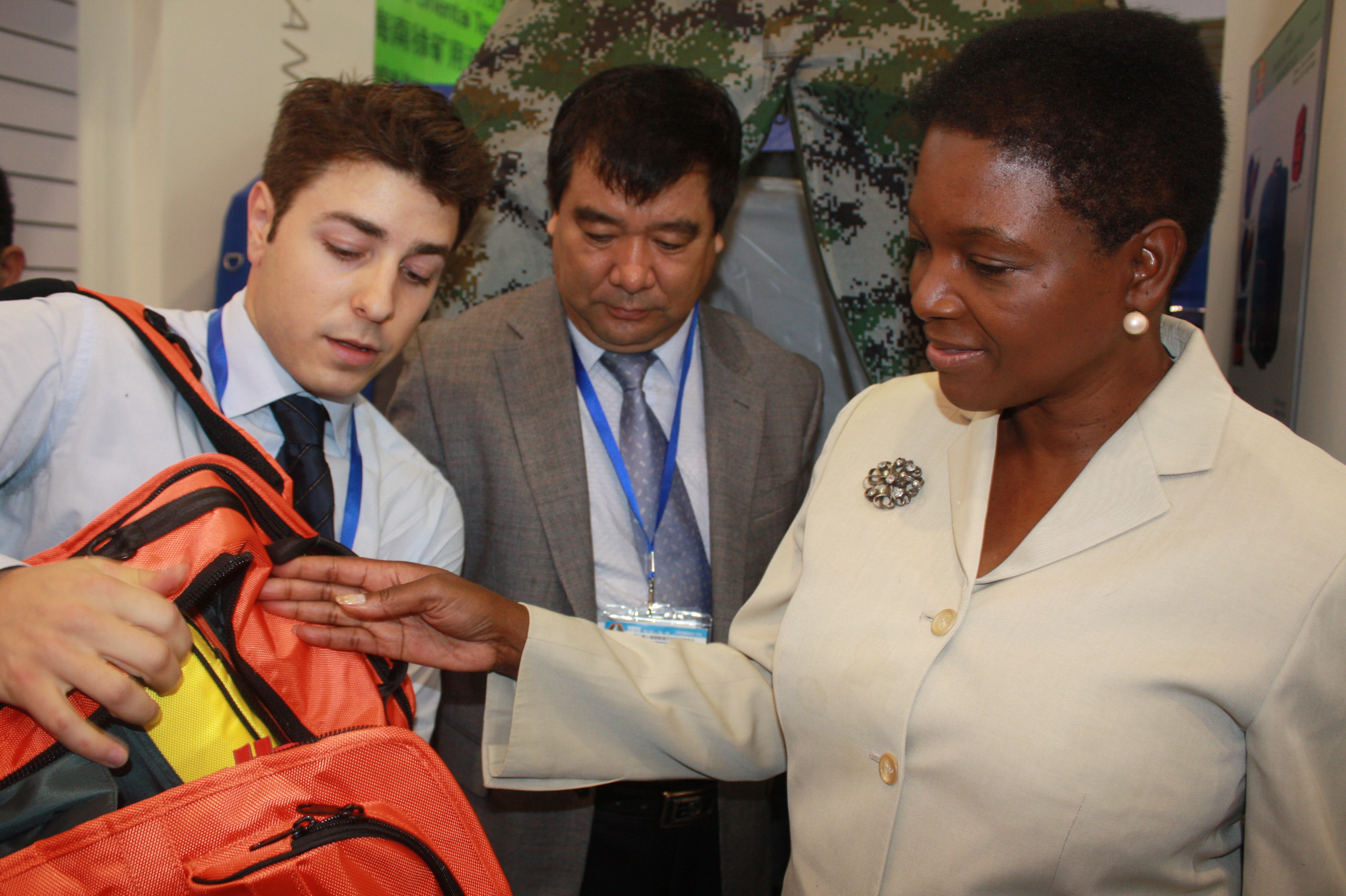“The era when the international humanitarian system was dominated by a few countries and aid agencies from the West is over,” Valerie Amos, UN under-secretary-general for humanitarian affairs and emergency relief coordinator, told participants at the region’s fourth Regional Humanitarian Partnership Meeting on 12 October in Shanghai, noting that the relative wealth and power of nations was moving from west to east, and north to south.
“We see a proliferation of donors, aid organizations, technologies and fresh ideas - offering perhaps for the first time the prospect of a truly global response system,” she said.
Up to 100 disaster management professionals from 25 countries in the Asia-Pacific region, as well as the UN, the Federation of the Red Cross and Red Crescent Societies and international NGOs are attending the two day-meeting to exchange ideas and compare best practices.
“The world is changing and the international community needs to recognize that, as does Asia, which is the most disaster-prone region in the world,” Oliver Lacey-Hall, regional head of the UN Office for the Coordination of Humanitarian Affairs (OCHA), told IRIN.
In 2010, disasters in Asia and the Pacific affected more than 201 million people. Of the 373 recorded disasters, 22 were in China, 16 in India, and 14 in the Philippines. Eighty-nine percent of all people affected by emergencies last year lived in Asia.
"There is not much we can do to stop many of these events taking place. But, by working together, we can do more to prepare for them ahead of time, to reduce the human cost when they do happen, and to rebuild lives in their aftermath," Amos said.
ds/cb
This article was produced by IRIN News while it was part of the United Nations Office for the Coordination of Humanitarian Affairs. Please send queries on copyright or liability to the UN. For more information: https://shop.un.org/rights-permissions




